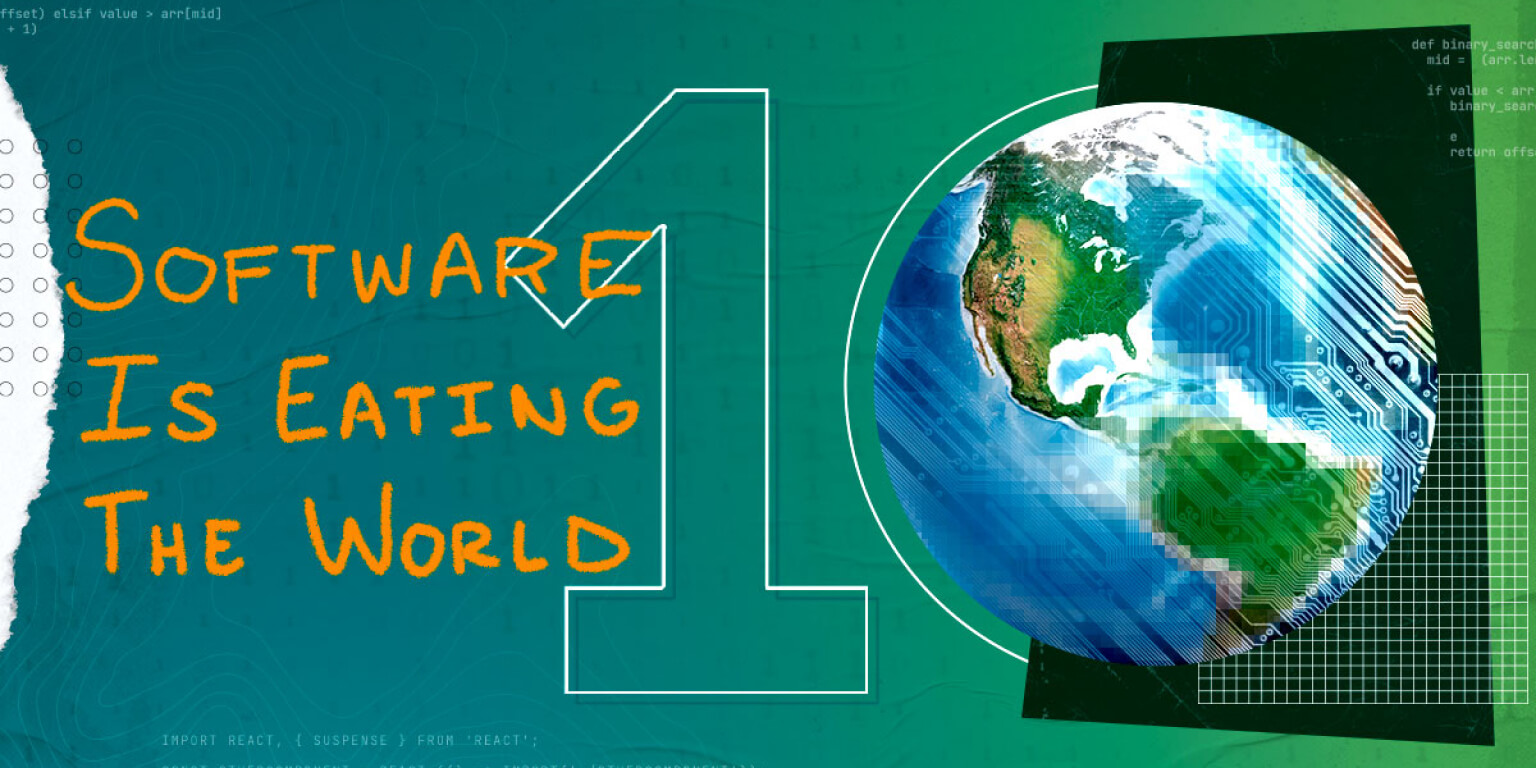
Hello {{ FNAME | Innovator }}!
When we shared our recent post, Learn to Kill Your (Product) Babies on LinkedIn, the post drove 360k impressions!! By FAR my biggest post ever on the platform. Thank you to everyone who commented and shared 🙌!
One of those comments from innovator Jerry Grunewald (who will be featured on an upcoming edition of our podcast!) pointed me toward the works of economist Joseph Schumpeter who coined the term Creative Destruction. Schumpeter wrote about the future of capitalism and the impacts of innovation on the economy and people’s lives.
My research into Schumpeter spurred the question:
What will Creative Destruction look like in the age of AI?
Today’s article explores this question in detail, along with the impacts of AI on innovation and the responsibility of corporations to consider the workers displaced by the large-scale adoption of these new technologies.
Here’s what you’ll find:
This Week’s Article: Creative Destruction Amidst the AI Reckoning
Share This: “This process of Creative Destruction is the essential fact about capitalism.”

Creative Destruction Amidst the AI Reckoning
Revisiting Joseph Schumpeter’s Warnings
Economist Joseph Schumpeter (1883–1950) coined the term “creative destruction” in his 1942 work, Capitalism, Socialism and Democracy, as a shorthand for the free market’s messy way of delivering progress. In that book, he wrote that capitalism "never can be stationary" and described its essence as “a process of industrial mutation...that incessantly revolutionizes the economic structure from within, incessantly destroying the old one, incessantly creating a new one.”
Schumpeter summarized the idea as:
The opening up of new markets, foreign or domestic, and the organizational development from the craft shop and factory to such concerns as U.S. Steel illustrate the same process of industrial mutation—if I may use that biological term—that incessantly revolutionizes the economic structure from within, incessantly destroying the old one, incessantly creating a new one. This process of Creative Destruction is the essential fact about capitalism.
This isn’t just innovation. It’s the obliteration of markets, jobs, and institutions in service of progress. And Schumpeter was not sentimental about this. He believed that capitalism’s strength came from this relentless churn.
He also recognized the human toll of this progress.
What he did not imagine was the impact artificial intelligence would have.
AI Is Not Just a New Tool. It’s a New Economic Engine.
We have built a class of technologies that mimic not just manual labor but cognitive functions once thought to be exclusively human. We’ve created models that write code, make images, generate legal memos, create marketing strategies, and automate decision-making processes across industries.
This distinctly different from the old “software is eating the world” mentality. AI is devouring the structure of labor itself. It’s altering what it means to work, who adds value, and how value is captured.
If you map this against Schumpeter’s model, AI is simultaneously the agent of destruction and the signal of creation. It is the storm that sweeps through old models of productivity, taking with it call centers, middle management layers, freelance content labor, and even parts of the knowledge economy that we once viewed as “safe.”
Who Bears the Cost of Progress?
This question is where the Schumpeterian framework meets a moral wall. He acknowledged that progress may leave some individuals permanently worse off. But in his time (remember, Capitalism, Socialism and Democracy was published in 1942), capitalism still functioned with something approximating a social contract. Workers disrupted by the internal combustion engine or mass manufacturing could reasonably expect to secure new footing in the growing industrial economy.
That was the essence of the postwar economic social contract: if you were displaced by progress, the economy would (eventually) make room for you again. New sectors would emerge, new roles would be created, and there would be some plausible path back into the system.
Innovation destroyed, but it also created new opportunities.
In this context, disruption felt purposeful because the broader system still offered economic agency to the individuals. But AI doesn’t offer that same bridge. The velocity is too high. The skills mismatch is too large. There is no expectation that the disintermediated strategist or displaced insurance underwriter will seamlessly transition to an awaiting assembly line job.







